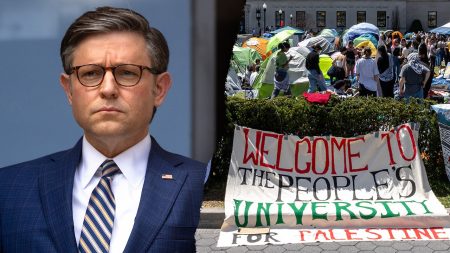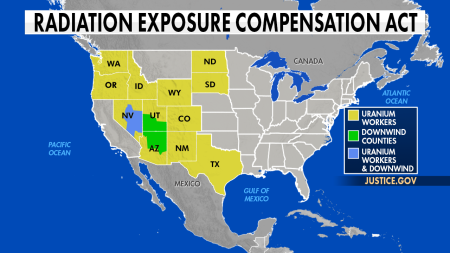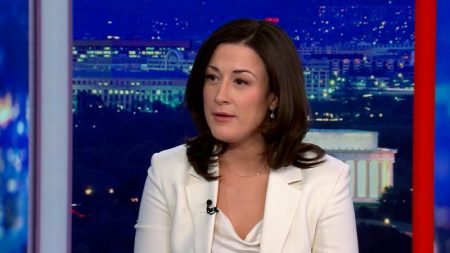President Joe Biden is expected to host a significantly scaled-down iftar dinner at the White House on Tuesday to commemorate Ramadan, reflecting tension between the administration and Arab and Muslim American communities over the Israel-Hamas war. Several people invited to the dinner have declined due to frustration with the administration’s support of Israel amid the humanitarian crisis in Gaza. Vice President Kamala Harris, national security adviser Jake Sullivan, senior White House aides, and fewer than a dozen invited guests are expected to attend the small gathering.
Last year, the White House did not hold an iftar dinner but hosted nearly 350 people for a reception celebrating Eid al-Fitr, a festival marking the end of Ramadan. This year, Ramadan comes as more than 30,000 people have been killed since Hamas attacked Israel in October, amid a bloody bombing and ground campaign by Israel. President Biden has called for a temporary ceasefire but has not halted arms provisions to Israel. Officials are hoping the dinner will provide an opportunity for guests to speak directly with the president and share their concerns about the Israel-Hamas conflict.
White House officials have held several meetings with prominent Arab American and Muslim leaders in various cities, including a meeting with Arab, Muslim, and Palestinian American community leaders in Chicago. However, some invited participants declined to attend due to the humanitarian crisis in Gaza. Anger and concern about the administration’s handling of the conflict also present political problems for Biden, particularly in battleground states such as Michigan, home to over 200,000 Muslim American voters.
In a sign of the scaled-back nature of this year’s Ramadan commemorations, Layla Elabed, campaign manager for Listen to Michigan, did not receive an invitation to the iftar dinner. Elabed, who participated in last year’s Eid al-Fitr event, stated that she would have declined an invitation due to the administration’s response to the violence in Gaza. The White House previously announced its intention to commemorate Ramadan but did not provide further details about the event. Press secretary Karine Jean-Pierre declined to comment on the iftar dinner at a recent news briefing.
The tensions between the administration and Arab and Muslim American communities highlight the complexities and challenges of addressing the Israel-Hamas conflict, both politically and diplomatically. President Biden’s handling of the situation has faced criticism and scrutiny from various groups, including activists who have interrupted his campaign events. The decision to hold a scaled-down iftar dinner amidst this backdrop reflects the delicate balance the administration must maintain in engaging with these communities while navigating international crises.
As the iftar dinner approaches, the unresolved issues surrounding the Israel-Hamas conflict continue to shape the relationship between the administration and Arab and Muslim American communities. The dinner presents an opportunity for guests to directly engage with President Biden on their concerns, though some have chosen not to attend in protest of the administration’s stance on the conflict. The political implications of this tension are evident, particularly in key battleground states with significant Muslim American populations, where dissatisfaction with the administration’s response could impact future outcomes.
